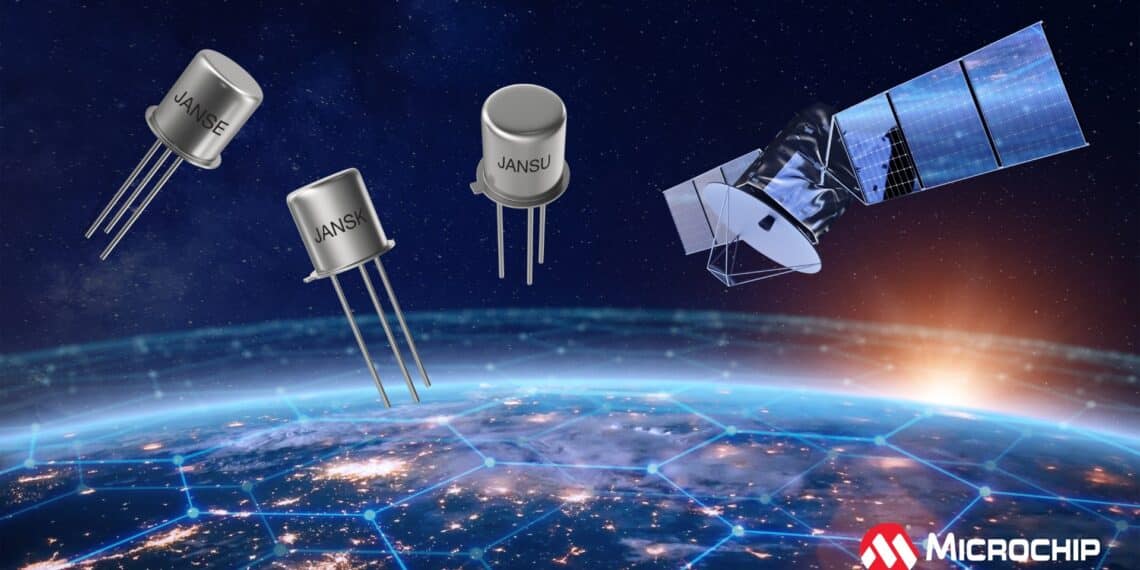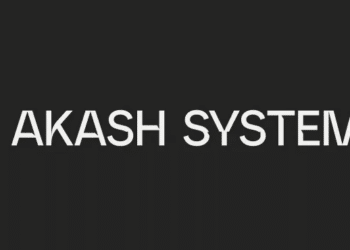Microchip’s portfolio of JAN transistors is now tested and qualified to Military-Standard Enhanced Low Dose Radiation Sensitivity (ELDRS) requirements including MIL-STD-750, Test Method 1019 and specifications such as MIL-PRF-19500/255, /291, /355, / 376 and /391.
JAN (Joint Army Navy) transistors are military-grade and manufactured to withstand varying levels of radiation exposure. As a part of the JAN designation system, it is used to specify components procured for military applications and ensures that electronic components used in critical military and aerospace applications can operate reliably in radiation-rich environments.
The transistors come in three grades: JANSE Transistors (30 Krad) that withstand nearly 30 Krad per unit of absorbed radiation dose; JANSK Transistors (50 Krad) that withstand higher levels of radiation; and JANU Transistors (100 Krad) which is the most radiation-resistant among these families.
With its 60 years of experience in aerospace and defense, Microchip brings fabs dedicated to aerospace and defense semiconductor manufacturing and testing. It’s Ennis, Ireland, based fab is a robut MIL-PRF-19500 screening and reliability testing facility, while its Lawrence, Massachusetts, fab is DLA certified that can conduct in-house ELDRS to MIL-STD-750, Test Method 1019.
“Through rigorous in-house testing at our Ennis and Lawrence facilities, our products are certified to operate with high performance and high reliability in harsh environments. We are committed to developing and manufacturing products that ease the design process based on our customers’ specific requirements. Microchip was the first company to provide Total Ionizing Dose (TID) rated Radiation-Hardened Bipolar Junction Transistors (BJTs); now, we worked closely with the DLA to add testing for ELDRS characterization,” said Leon Gross, vice president of Microchip’s discrete products group.






